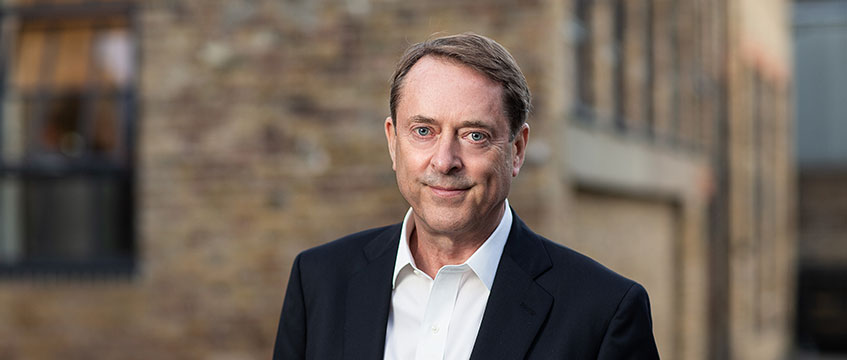Learning from Denmark’s progressive approach to office design
The current Carlsberg advert is, to say the least, eyebrow-raising. The Danish beer brand has been busy telling anyone who cares to listen that its beer is “probably not the best in the world”, despite years of claiming the opposite.
This campaign isn’t the Danes having a crisis of confidence in their brewing credentials, though – it’s about them wanting to improve and challenge the status quo. That is a national trait that we can learn from, which is why we’re heading to the home of Carlsberg for this year’s British Council for Offices Conference (5-7 June).
In particular, the country has an enviable approach to work, with employees enjoying reasonable hours and high levels of job satisfaction. Danes summarise this approach with one word: arbejdsglæde.
The current Carlsberg advert is, to say the least, eyebrow-raising. The Danish beer brand has been busy telling anyone who cares to listen that its beer is “probably not the best in the world”, despite years of claiming the opposite.
This campaign isn’t the Danes having a crisis of confidence in their brewing credentials, though – it’s about them wanting to improve and challenge the status quo. That is a national trait that we can learn from, which is why we’re heading to the home of Carlsberg for this year’s British Council for Offices Conference (5-7 June).
In particular, the country has an enviable approach to work, with employees enjoying reasonable hours and high levels of job satisfaction. Danes summarise this approach with one word: arbejdsglæde.
Work-life balance
Arbejdsglæde is a concept that’s all about finding happiness in work, while having the freedom to live a life outside of it. It’s this ethos that frames our entire conference. We’ll be exploring what arbejdsglæde means and how it can be translated to the UK office industry across a series of seminars, talks and events.
But, perhaps most excitingly, we’ll see how it can be designed into buildings through tours of some of the city’s best workspaces. These offices create arbejdsglæde through following three core tenets: light, space and movement.
Thanks to their almost Arctic northern location, Danes spend a lot of time in darkness, which means they value what natural light they do have. Unlike in the UK, regulations require a workstation to be only two to three desks away from a window. This leads to boldly designed offices that make heavy use of atriums and large windows. This abundant natural light leads to more joyful workplaces and, as outlined in the BCO’s Wellness Matters research, benefits worker wellbeing.
Room to breathe
In addition to this, the average Danish worker could – to use an old phrase – swing a cat. In fact, they could probably go further, to a lion or tiger perhaps. As a rule of thumb, offices in Copenhagen are designed so that the average worker each has around 20 sq m of office space. This is more than double that of many UK offices. The difference is striking, with workers enjoying greater openness and having “room to breathe”.
However, neither of these are the most noticeable feature in a Danish office. No, the most striking aspect comes when you’re being walked around. No-one takes the lift. Danish offices have movement designed into them, often centring on a beautifully designed staircase, with lifts hidden.
Visit Copenhagen and you’ll see streets lined with people on two wheels pushing pedals. Cycling is commonplace across Denmark, and this creates a virtuous – excuse me – cycle. Danes expect their offices to be built with cycle storage. In turn, these facilities encourage more people to bike to work. This, combined with the use of stairs, means that Danish workers enjoy high levels of activity throughout the day.
Denmark’s focus on light, space and movement leads to workspaces that truly promote work joy, enabling the high levels of productivity needed for a good work-life balance. They are spaces that represent a city that has a modern, progressive approach to work, embodied by a concept that we can all learn from – even if it is tricky to pronounce.
Paul Patenall is the BCO’s incoming president











